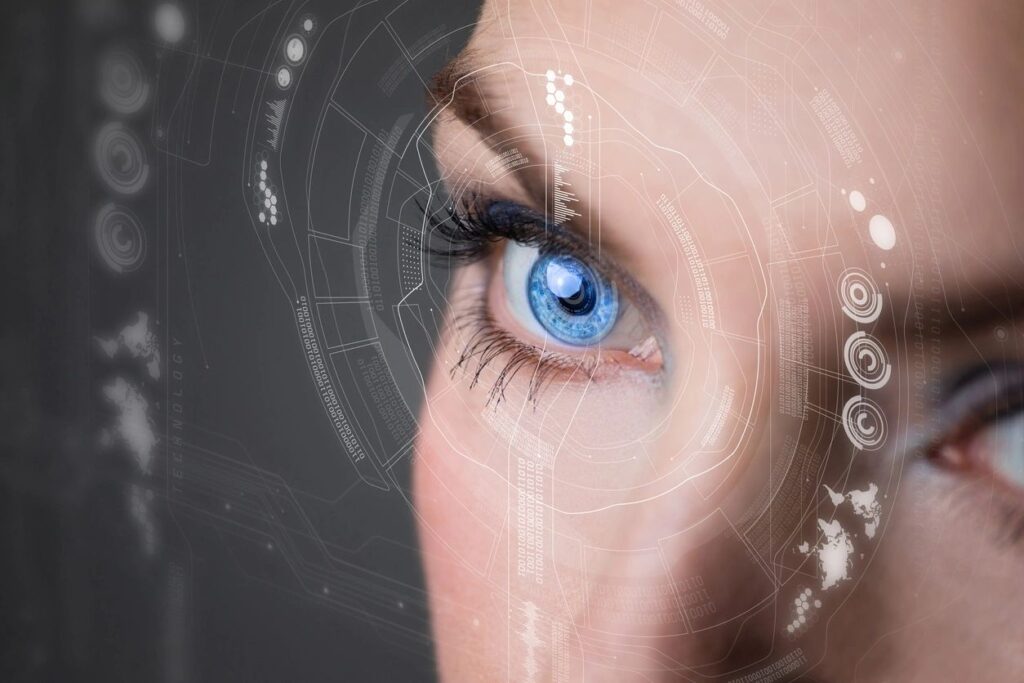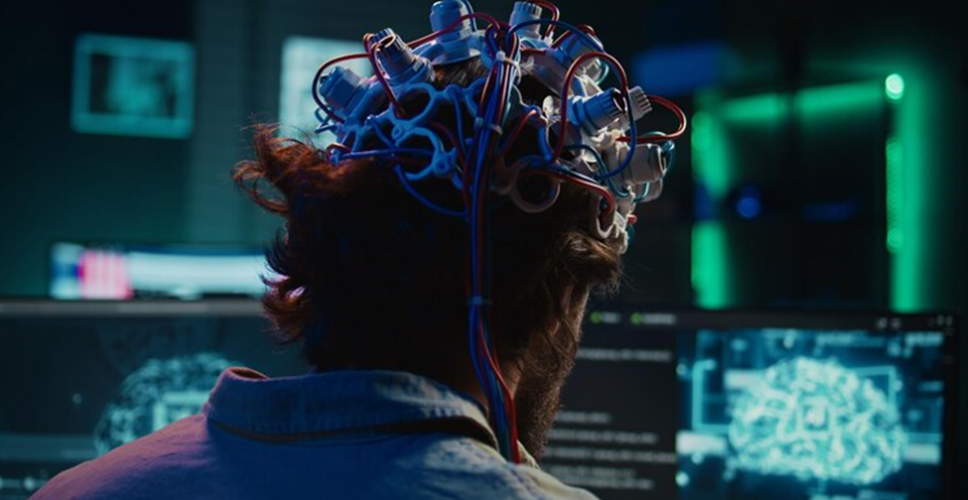Introduction
The mental health landscape in 2024 is transforming remarkably, thanks to ground-breaking advancements in artificial intelligence (AI). From personalized therapy sessions available at your fingertips to sophisticated early diagnosis systems, AI is reshaping how we understand and manage mental health. This blog explores how AI revolutionizes mental health care and makes a real difference in people’s lives.

AI Therapy: Personalized and Accessible Care
Imagine having a therapist who understands you deeply, is available 24/7, and never tries. AI therapy is making this a reality. Advanced AI systems use natural language processing (NLP) to engage in meaningful conversations, offering support and guidance that closely mimics human therapists. These AI-driven platforms provide personalized treatment plans tailored to individual needs, making mental health support more accessible.
Early Diagnosis and Predictive Analytics
Early detection of mental health issues can be life-changing, and AI excels in this area by analysing vast amounts of data to spot early warning signs that might go unnoticed by human eyes. By examining patterns in speech, behaviour, and even biometric data, AI can identify signs of mental health issues before they become critical. This proactive approach is crucial in preventing severe mental health crises and allows for timely interventions that can save lives.
Virtual Reality and AI: Immersive Therapy Experiences

Virtual reality (VR) and AI are taking therapy to new heights, providing immersive experiences that help patients confront and manage their mental health challenges. VR environments, guided by AI, simulate real-world scenarios, allowing patients to practice coping strategies in a safe and controlled setting. These immersive therapy experiences enhance traditional methods, offering a new dimension to mental health treatment.
Enhancing Mental Wellness with AI
AI is not just about treating mental health conditions; it’s also about promoting overall mental wellness. AI-driven apps and wearable devices offer tools to help manage Stress, practice mindfulness, and maintain a healthy mental state. These technologies provide real-time feedback and personalized recommendations, empowering individuals to take charge of their mental well-being and integrate wellness practices into their daily lives.
Ethical Considerations and Future Prospects
While the benefits of AI in mental health care are immense, it’s essential to address critical ethical considerations. Ensuring data privacy, preventing algorithmic bias, and maintaining the human touch in therapy are crucial aspects that developers and healthcare providers must address. As AI technology continues to evolve, it is essential to strike a balance between innovation and ethical responsibility, ensuring that the advancements in AI contribute positively to mental health care.
Conclusion
In 2024, AI is not just a tool but a transformative force in mental health care. From AI therapy and early diagnosis to immersive VR experiences and mental wellness tools, AI is making mental health care more accessible, personalized, and effective. As we continue to harness AI’s power, mental health care’s future looks promising, offering hope and support to millions worldwide.









